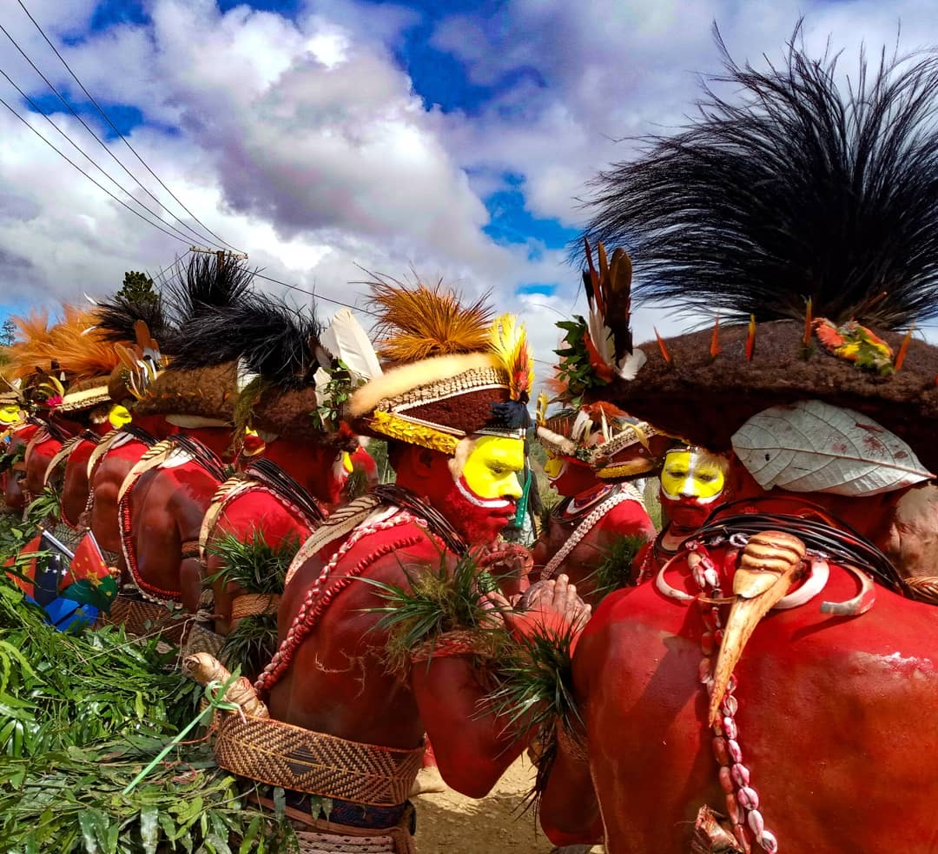Is a K100bn economy on the horizon for PNG?
The Papua New Guinea Government has tabled its 2021 Budget, which aims to consolidate actions to get PNG back on a growth track. The COVID-19 pandemic side-swiped many of last year’s budget reforms, so in 2021 we are seeing many of those reforms back in the budget, with some relatively ambitious revenue expectations.
The budget has a ?Consolidation for Growth? message, and the theme throughout the budget is the pandemic and the impact that has had on the economy. The 2021 Budget is described as a responsible and steady approach to debt and deficit levels by Hon. Ian Ling-Stuckey, CMG. MP. Minister for Treasury. It demonstrates growth prospects, and the path to exit the current areas of crises.
According to KPMG’S Budget Brief, total expenditure rises from K18,726m to K19,607m. Health, education, and law and justice are the focus areas as in the past, with the increases attributable to COVID-19 and local debt arrears funding requirements. The payment of outstanding government accounts is vital to get the private sector up and running and availability of forex will continue to be important. On the revenue side, the K12,995m budgeted is funded through mainly local tax collections of K11,110m and international donor aid of K1,008m.
A point to note is the expected lag in revenue which is highly dependent on the timing of the start-up of resource projects, a point which is acknowledged by the Treasurer. There is therefore very little dependency on the resource sector as a major source of tax revenue over the next two years.
Business Council of PNG are approaching the budget with caution, speaking on the Business Advantage Webinar this morning saying it looks interesting on paper but they have some questions about the stimulus and where it is being spent. The Council reported that FMCG’s recorded income spikes during COVID-19 and so did the ICT industry, but is that a good overall reflection of a stimulus, perhaps not? There has been a massive uptake in the ICT space, and COVID-19 made the push to online business happen quickly and they predict this will be the start of PNG’s road to digital. However, the sectors suffering like Tourism, Manufacturing and Retail don’t see much change on the horizon.
Ling-Stuckey acknowledged that small businesses in PNG face ?daunting paperwork? and a tax rate on any profits of 30 per cent. ?No wonder they become discouraged and decide to stay out of the formal revenue system.? The budget is fixing some of these issues with a simplified and cheaper tax regime for small businesses and simplified accounting and tax rules for small and micro businesses. The aim, said Ling-Stuckey, is to ?help migrate 50 per cent of the population to some form of [formal] business by 2030?.
Generally, the government is very optimistic about an expected K18,000m increase in the economy over the next two years from the non-resource sector, and significantly boosted by the agriculture sector.
Overall the projections and joy will come in 2-3 years time, so is a K100bn economy on the horizon? On the Business Advantage Webinar KPMG suggests that if the resource projects that have been on the cards for a while finally kick-off, it will be possible, but it also depends on factors like increasing consumption. Even Business Council PNG were positive, they said businesses just need the cash to grow!
